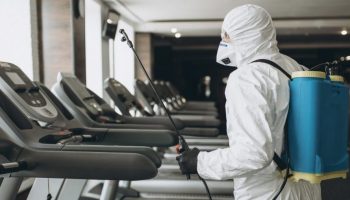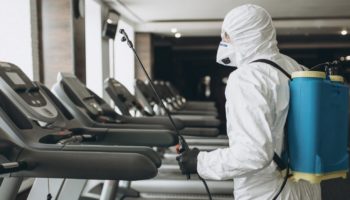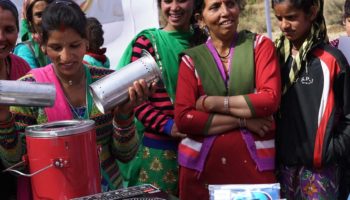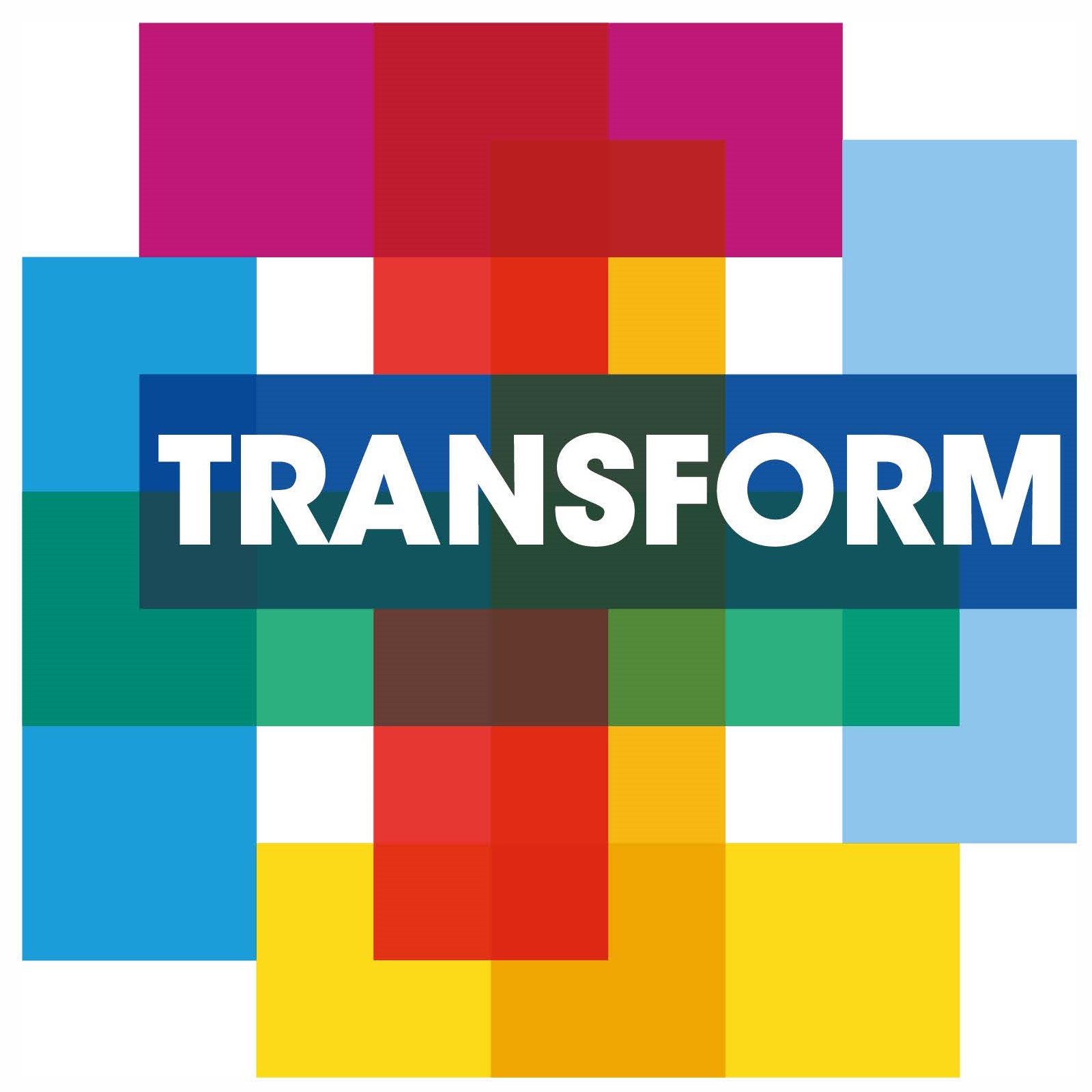Beyond sanitation solutions: How TRANSFORM helped develop Sara Plast’s Ti model
Published on: 28/06/2021
Ulka Sadalkar, Director of Sara Plast Ti Bus & Sejal Tembwalkar, Ti Brand Manager, Sara Plast
Sara Plast is a Pune-based business that has pioneered portable sanitation solutions in India for over 20 years. But it wasn’t until 2014 that we stumbled on a major issue facing our community: public sanitation facilities simply weren’t accessible, approachable or appealing to women.
Coincidently, it was during celebrations for International Women’s Day that we realised that there were absolutely no toilet facilities around the main attractions of our district – for example, the street food market – and after walking for a long time, the shared toilet we found was so unhygienic that none of us felt comfortable using it. We even joked that despite working for a portable sanitation solutions company, we felt helpless when it came to using public toilets ourselves!
This was when we had the idea to create portable toilets in public places that were exclusively for women. After speaking to the Pune Municipal Corporation and Pune Smart City, we were given the opportunity to renovate discarded buses and turn them into toilets for women – and thus the Ti model was born.
Approaching the problem: understanding and anticipating the needs of the women we serve
Though the Ti buses were working well for the women of Pune, we knew we wanted to do more. We needed to create a sustainable social impact project that didn’t depend on corporate resources, funds or donations.
We approached TRANSFORM with a simple aim: to find ways to increase our revenue by expanding to new revenue streams. It was during this process that we learnt that we could expand our revenue streams so that they were actually addressing multiple needs facing our community: packaging the services up in a ‘bundle’ which makes sense for our female users. A-one-stop-shop approach.
Being experts in marketing, Unilever had a key bit of advice: do the research to get to know your consumers better. Working together with TRANSFORM and Quantum, a human-centric design company, we conducted an in-depth study of the women of Pune, interviewing existing users about when and where they used our toilets and how it fit into their daily lives.
Doing this research was an invaluable process. For instance, we learned that a group of girls used our toilet as both a space to use the bathroom but also get changed from their school clothes into after school clothes – so we got the idea to make the Ti bus a centre for transformation, with a hairdresser, make up and shop. We also found out that working women often use toilets on their commute and have a lot to take care of at home too, and so we explored the option that Ti could be a place where people can drop off their laundry in the morning and collect it on their way home, to save them a job. And finally, we noticed that people often used our toilets while they were visiting a historic attraction with friends or family – and therefore wanted refreshments and snacks with the reassurance that there was a safe place to go to use the toilet and stay out longer. It was through doing this research that we were able to develop new core propositions that linked all of the revenue-generating activities together.
Finding the solution: the importance of consumer testing to validate concepts and move from strategy into action
We knew we needed to act fast to test our revenue-generating activities for stickiness so that we didn’t use up a lot of time and money in developing services that weren’t going to be useful. For example, initially we discussed testing the laundrette idea by installing a washing machine and training up the toilet attendant to use it. But after applying this lean thinking we decided to partner with a laundrette and send them the laundry until the idea was proven. As it happened, the main clients who wanted to do laundry were young men, which didn’t fit with our female-centric focus and so we moved away from this idea – but testing it allowed us to quickly find this out before we invested time and money in it.
Similarly, we tested the health concept out with some pop-up talks from a local doctor, and found that women were interested in learning more about health. This gave us confidence to partner with a health service, Life Circle, to implement a health clinic in two Ti bus centres where women can learn about sensitive women’s health issues via leaflets and videos as well as sessions on nutrition and exercise.
Finally, in the recreational locations for our centres, we tested all sorts of refreshments ranging from tea to popcorn. At the start, we were concerned about getting the best margins on these products. We had a lot of products to test, but instead of spending our efforts sourcing great prices for lots of products, we decided to sell a wide range without optimising the margins to find out which products sold the most, and then focused on improving margins by buying these popular products at the best places.
We also found that a major factor in how much was sold was the willingness of the toilet attendant to engage with customers. This led us to focus on training the toilet attendants and to also develop our Sanipreneur model: where either we profit-share with the attendant or they rent the space from us and keep all their revenue. Both models allow the attendant to be financially incentivised to sell products, and we found they are even better placed than we are to decide what to sell because they interact with the customers every day and understand them best.
The future of Sara Plast’s Ti centres
To date, we have successfully implemented two Ti concepts: Ti café, which combines revenues from packaged food and drinks with a toilet and advertising revenue in recreational areas of Pune; and Ti health which combines revenues from health checkups, toilets and advertising in Hyderabad, Narayanpet and Jalpally. Our Ti model is even travelling on holiday, providing sanitation facilities to users on the beach in the Andaman islands. We are currently in discussion with a number of other cities in India to roll out the model, and our project was recreated by the World Economic Forum in Jersey, USA, where they converted old school buses into sanitation and health services for homeless people.
Scaling has been a huge journey for Sara Plast, and the TRANSFORM team have been our support and guiding partner every step of the way: whether that’s through brainstorming bundle ideas, building strategies, implementing and assessing market research, or financial monitoring and evaluation. They have helped us tackle a challenge by seeing it as an opportunity for growth – putting the ‘bundle’ revenue stream approach through market research and consumer testing to build a toilet + model that not only benefits our business but most importantly has a positive impact on the women in our community.
If you’d like to work with us on expanding Ti to your city or community, please contact us on customercare@3sindia.com or get in touch with me directly: sejal.tembwalkar@3sindia.com.
For more learnings from TRANSFORM’s projects, check out the News & Insights section on our website and make sure you’re signed up to our Newsletter by clicking the link here.
-
 Insights
Insights
Related impact stories
- Scaling up sanitation and disinfection solutions to fight COVID-19 in India

 ActiveCOVID-19 has increased the need for sanitation and disinfection services. Saraplast has scaled up services to tackle the spread of the virus.Scaling up sanitation and disinfection solutions to fight COVID-19 in India
ActiveCOVID-19 has increased the need for sanitation and disinfection services. Saraplast has scaled up services to tackle the spread of the virus.Scaling up sanitation and disinfection solutions to fight COVID-19 in India
 ActiveCOVID-19 has increased the need for sanitation and disinfection services. Saraplast has scaled up services to tackle the spread of the virus.The We for Village Alliance
ActiveCOVID-19 has increased the need for sanitation and disinfection services. Saraplast has scaled up services to tackle the spread of the virus.The We for Village Alliance
 ActiveDharma's Life network of over 16,000 rural entrepreneurs pivoted to respond to the COVID-19 pandemic.
ActiveDharma's Life network of over 16,000 rural entrepreneurs pivoted to respond to the COVID-19 pandemic.
